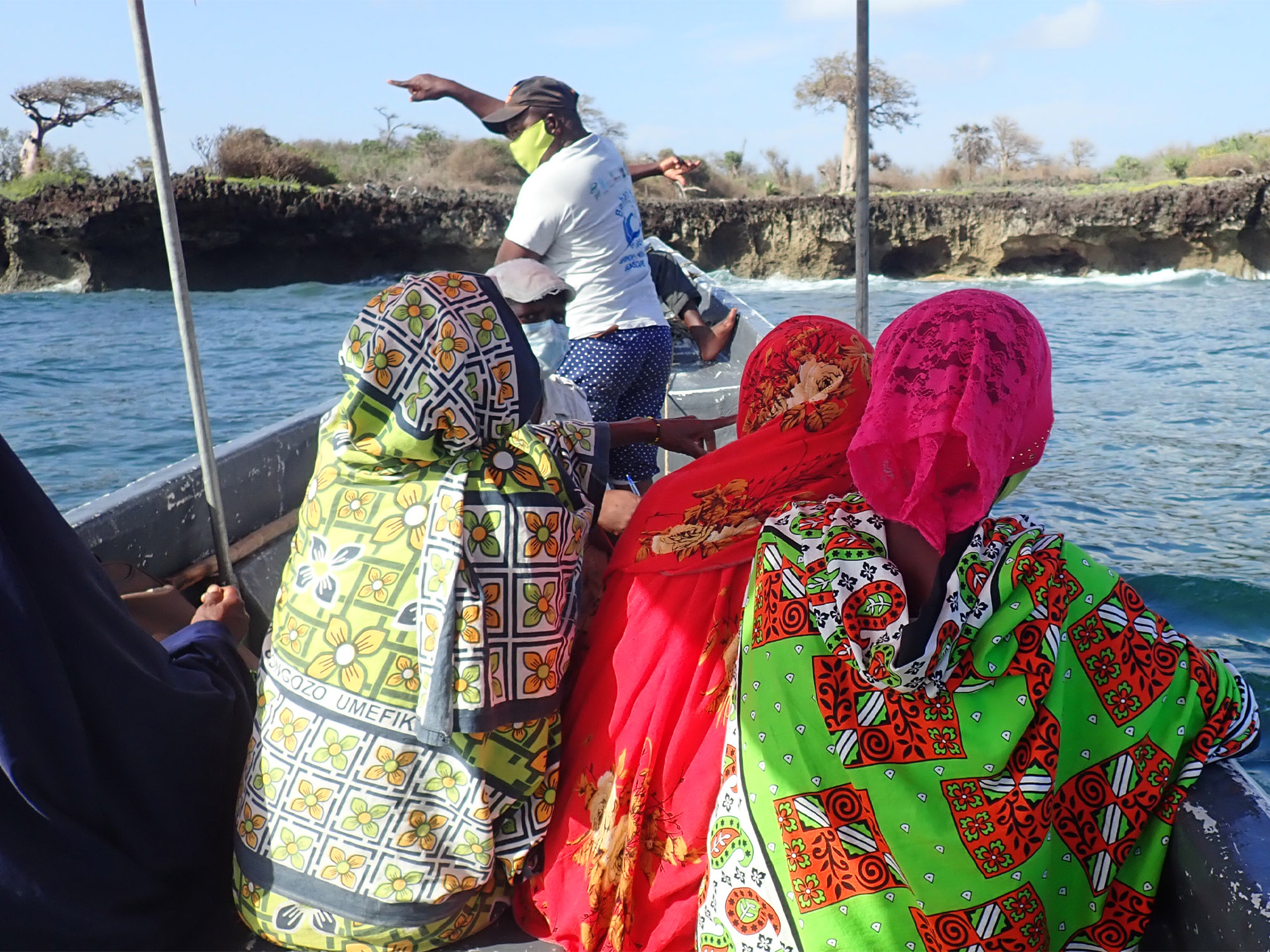
By Alaina Dismukes
The Feed the Future Innovation Lab for Fish recently hosted their third set of online Learning Agenda Meetings. The Learning Agenda helps the lab accomplish its goals by providing a forum for the research teams to share what they have learned through implementing their projects in Africa and Asia and adapting to the challenges they are facing. This enables teams to learn from each other’s successes and failures, increasing the effectiveness and efficiency of the lab’s work.
“The Learning Agenda Meeting is essentially a forum for our teams to explore learning from implementation through a set of learning questions across cross-cutting themes, such as engaging key stakeholders and mainstreaming gender equity and youth inclusion throughout the duration of the projects,” said Rebecca Jeudin, the Fish Innovation Lab’s Monitoring, Evaluation, and Learning Advisor. “It is also a way to fill in any knowledge gaps by learning from one another.”
The first meeting in 2020 helped to structure the Learning Agenda questions, while the second set of meetings took place in February 2021 with its theme centered around COVID-19 impacts and project adaptations.
“A lot of our projects were looking at ways to reorganize the sequence of their activities or looking at ways to use the digital space to leverage their implementation, especially with COVID-19 restrictions,” she said.
The July 2021 meetings took place over two days for project groups focused on aquaculture and fisheries across Africa and Asia. The meetings focused on how to engage vulnerable stakeholders, particularly women and youth.
“Since our projects are aquaculture and fisheries specific, the field is predominately dominated by men in terms of producers,” Jeudin said. “In our host countries, women are generally sellers and consumers, not necessarily producers, but it sometimes depends on the context.
“Women and youth are generally more vulnerable, so our teams try to engage them through different approaches like a peer-to-peer network or a training program, providing them with instruction from local trainers or fish breeders to enable them to have access to the production system.”
While COVID-19 has created challenges in terms of engaging women and youth, the Fish Innovation Lab teams are working to provide new approaches to engage these groups during this time.
“Our teams aim to engage these groups in such a way to ensure we are doing the greatest of good,” she said. “With COVID-19, there have been some limitations as far as how best to accomplish that goal.”
One example of how a Fish Innovation Lab team moved past this obstacle can be seen with the “Achieving Coral Reef Fishery Sustainability in East African Biodiversity and Climate Refugia Centers” project.
Organized by the Wildlife Conservation Society in Kenya, the project team hosted meetings with 251 people in five fishing villages in southern coastal Kenya in October and November of 2020. They also had a voluntary exam to test the participants’ knowledge of fisheries and sustainability.
“Not only did they take COVID-19 precautions when planning these meetings, they also created their exams to be accessible by everybody to allow women and youth to have greater potential representation,” Jeudin said.
The next series of Learning Agenda Meetings is set for February 2022.
“I've heard from several of our team members that they find a lot of value in these learning activities,” Jeudin said. “Particularly, I think it allows for all of our teams to come together and look at the ways each team is tackling one thematic thread and how to address it further in each project. I think that is the beauty of having the Learning Agenda Meetings because it sets the stage for all of our projects to collaborate and find solutions.”
Published August 23, 2021
